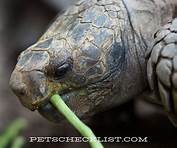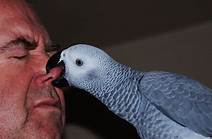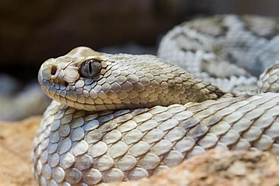What Do Pet Turtles Eat?
Turtles are popular pets, and their diet is an important part of their health and well-being. The type of food that you feed your turtle will depend on its species, but there are some general guidelines that you can follow.

Turtles as Omnivores
Most turtles are omnivores, which means that they eat both plants and animals. Some of the most common things that turtles eat in the wild include:
- Insects
- Worms
- Snails
- Fish
- Eggs
- Berries
- Fruits
- Vegetables
What to Feed Your Pet Turtle
When you are choosing a diet for your pet turtle, it is important to consider its species and its individual needs. Some things to keep in mind include:
- Protein: Turtles need a diet that is high in protein, especially during their growing years. Good sources of protein for turtles include insects, worms, fish, and eggs.
- Calcium: Turtles also need a diet that is high in calcium, which is important for their shells and bones. Good sources of calcium for turtles include leafy greens, vegetables, and cuttlebone.
- Vitamins and Minerals: Turtles need a diet that is also rich in vitamins and minerals. Good sources of vitamins and minerals for turtles include fruits, vegetables, and commercial turtle food.
Feeding Schedule
The amount of food that you feed your turtle will depend on its size, age, and activity level. As a general rule, you should feed your turtle once or twice a day. Young turtles may need to be fed more often, while adult turtles can go longer between meals.
Variety is Key
It is important to offer your turtle a variety of foods to ensure that it is getting all of the nutrients that it needs. You can also give your turtle occasional treats, such as pieces of fruit or vegetables. However, treats should only be given in moderation.
Monitor Your Turtle's Diet
It is important to monitor your turtle's diet to make sure that it is eating enough and getting all of the nutrients that it needs. If you notice any changes in your turtle's appetite or weight, you should talk to your veterinarian.
Declaration: All article resources on this website, unless otherwise specified or labeled, are collected from online resources. If the content on this website infringes on the legitimate rights and interests of the original author, you can contact this website to delete it.






